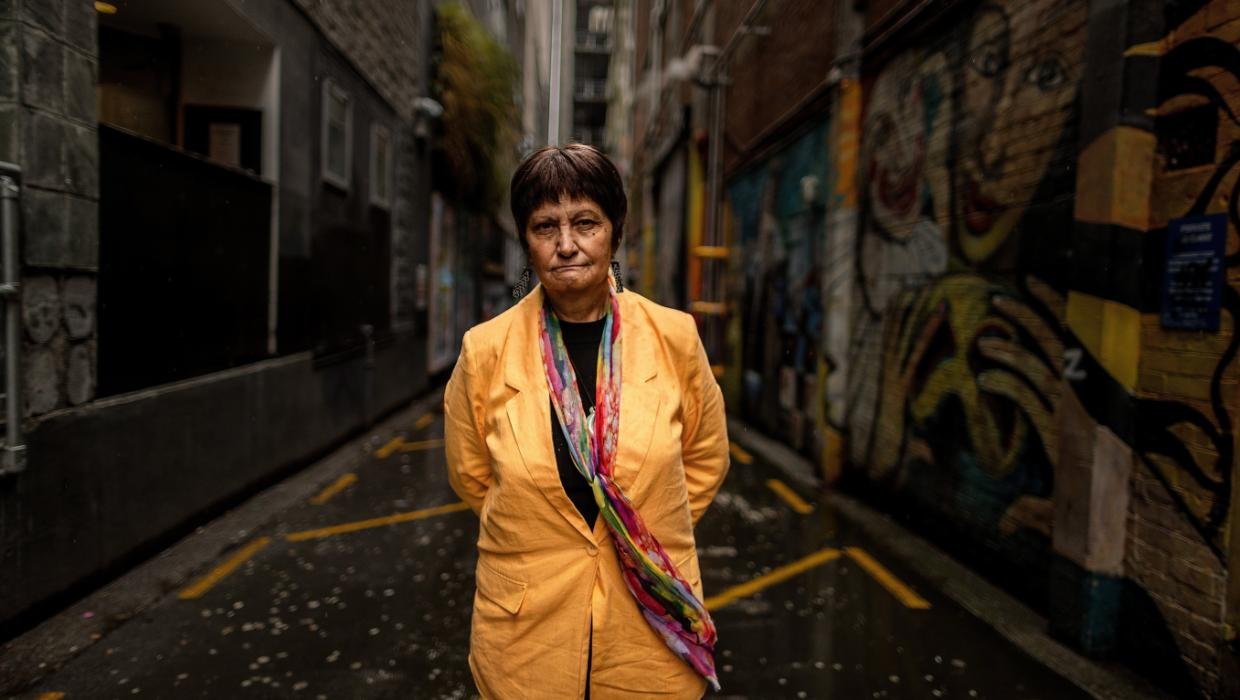The hidden struggles of homeless women in Aotearoa
Women make up over 50% of Aotearoa’s homeless population. And yet they are often overlooked - because they aren’t seen. Advocates say unless gendered issues are specifically addressed, women will continue to fall through the gaps.
Research shows women often face hidden challenges – living in cars, couch surfing, staying in abusive relationships, exchanging sex for a roof over their head, or living in overcrowded shelters.
Safety is often the driver keeping women from sleeping on the streets, while many also have children – 81.4% of women compared to 61.7% of men.
The general manager of Te Whare Nukunoa knows she’s hard on the women who stay at the whare.
“I’m tough love,” Hiria Tareha says.
Every woman’s experience was different, and that’s what she had in mind in her W.A.L.K programme at the 14-bedroom transitional housing in central Wellington: individualised, wraparound support, rooted in unearthing their aspirations and self-belief.
The team works from a restorative approach rather than a punitive one.
Tareha believes in empowerment; giving the women agency and tools needed to navigate the world in which they struggled to find their feet.
“I don’t take no crap from these women but I’ll also let them know: we’re not your enemy.
“They don’t think they’re worthy or valued.” It was difficult when they were constantly being judged and had to “beg” the convoluted system for help.
Women with bracelets and addictions, transgender women who were often disproportionately impacted by homelessness, could call on their unique 24/7 service.
Addictions are an illness that won’t be shaken off overnight. People’s troubles don’t go away after 5pm, Tareha says.
But she frequently witnesses women get put in the “too hard basket” and given up on when they are most in need of support.
Some would steal just to get caught because prison felt safer, she says.
“They can’t get the help they need, they don’t know where to go, they’re breaking every rule in the book and they just continue their patterns – but what else can they do?”
Tareha hates the idea that people need to “fit a criteria” to get help.
The lack of support and follow-through is what gets the women deeper into their circumstances, she says.
“It’s not that these women are uneducated… They’re smart, they’re streetwise and they’re survivors.” It is also what often made them more invisible.
Article Written by Hanna McCallum
Reporter - Social Issues (The Post)
Photography by David Unwin (The Post)


